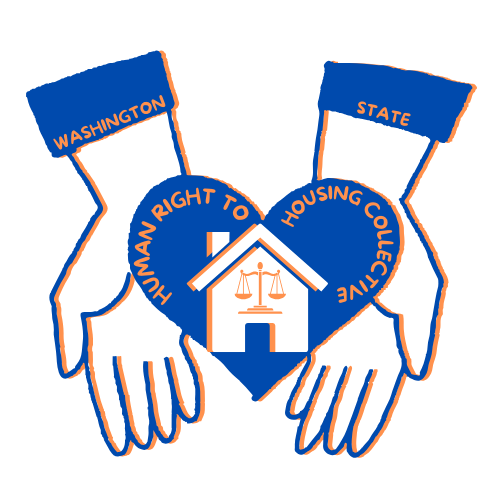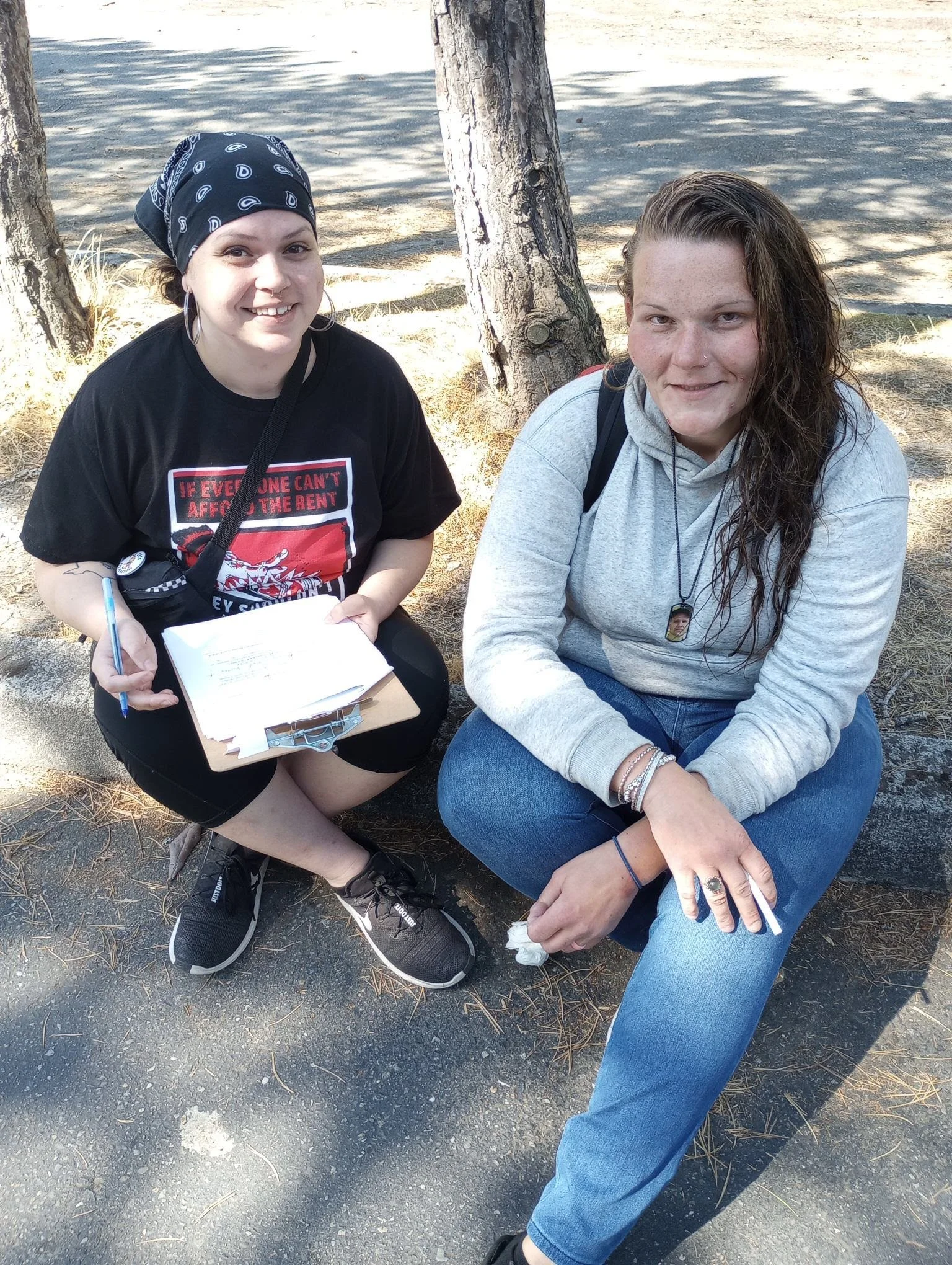What we’re working on
People’s Needs outreach survey - Pilot Project
Article 25 of the United Nations Declaration of Human Rights states that “All Human Beings have a right to a standard of living adequate for themselves and their families, including food, housing, medical care and all necessary social services, and security in the event of old age, widowhood or any other circumstance beyond their control.” Yet tens of millions of people survive on our streets every night without access to these most fundamental rights. Those same people are continually assessed and studied and have thousands of reports written about them every year by well educated, and well paid, consultants who continue to regurgitate the same “solutions” that failed to address the root causes of homelessness 40 years ago as new innovations. The only true experts on how to end homelessness are those who have, and are currently living through it. These are the voices that are typically either ignored, marginalized or excluded from the decision making around homeless services and policy.
The People's Needs Assessment aims to correct this by giving people currently living on the street an opportunity to assess how the system has either succeed or failed to serve them. By administrating this survey about access to housing, food, medical care and interactions with law enforcement we hope to give those experiencing homelessness a voice of their own in the discussions about them, as well as quantitative and qualitative data they can use to organize and advocate for policies that will help people currently living on the streets realize their Human Rights.
Bridging the Gap: Lived and Legal Expertise
In 2023, Professor Sara Rankin of Seattle University School of Law invited lived experience experts to participate in the Homeless Rights Advocacy Project (HRAP) student - led legal clinic. Each quarter, a cohort of 2L and 3L Seattle U students host a legal clinic where we work together to learn and understand the rights and protections of unhoused People. This collaboration is a key tool in decolonizing the legal aid field by focusing on People-centered advocacy and through building legal defense mechanisms in community instead of courtrooms.
During the inaugural cohort, the HRAP student attorneys dissected the local laws around camping outside and sweeps (also known as “forcible displacements”). From the clinic findings, we produced Know Your Rights - Sweeps in Seattle materials and distributed them to impacted community members and advocates. Additionally, the students drafted a report of legal information based on the Seattle Multi-Departmental Administrative Rules (MDARs), Seattle Municipal Code (SMC) and the Financial and Administrative Services (FAS) regulations. Each of these tools help drive the next steps in legal clinic programming and are made available to the community and advocates.
This year, we are expanding our work around impacts of sweeps in Seattle by focusing on personal property rights. More to come!






